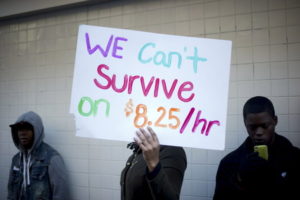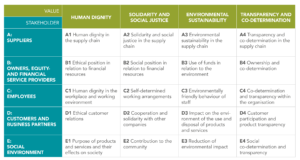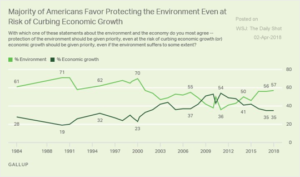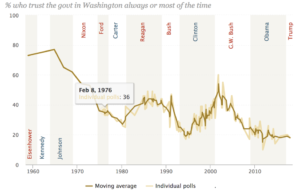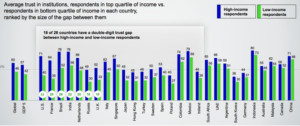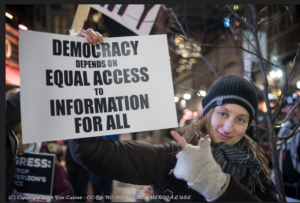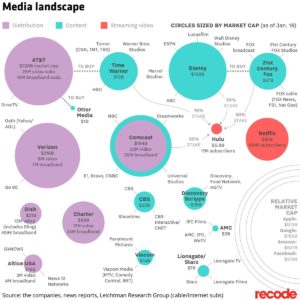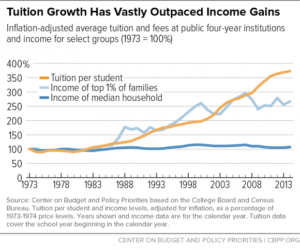
Image: Your Little Planet
Today’s discussion of the Common Good is focused on a point that arose this week from a court case where the parents of children in Detroit sued the city school district for better teachers, classroom conditions and funding. The basis of the suit was that it was a ‘constitutional right’ that all children should have a fair and equal education regardless of income.
Unfortunately, as much as we would like to see education as a ‘right’ it is not mentioned in the U.S. Constitution or the Bill of Rights. The judge held that there was no ‘right’ to a quality education. The 14th Amendment does require states when they provide public education to offer equal access to all students – equal quality is not specifically defined. We see education as Madison and Jefferson did as a key pillar of the government where a well-informed citizenry will make wise choices about who would lead their government. We have outlined in an earlier post that we see Education as the Fifth Estate, after the Fourth Estate, The Press and the three main branches of federal government – The Executive, Congress and The Supreme Court. Then, it follows that as a country we have a duty and responsibility to ensure that all children have a equal opportunity for a high quality education and access to learning institutions.
We do not really talk much in our society anymore about duty to country – or duty at all. We are indoctrinated constantly about ‘my right’ to this and that. While it is important that we have key rights ensured by our Constitution and courts, duties need to be in balance and in many ways ensure that rights can be sustained.
What do we ask of our young people graduating from high school in regard to supporting the freedoms and rights they enjoy? Universal service for every 18 year old as they do in Switzerland, or universal military service as Israel requires? What sacrifices do we expect our people to take on at any age?
In WWII, the Korean War, Vietnam War, and Middle East Wars, American men and women fought alongside each other to ensure the freedoms we enjoy and to protect the freedom and welfare of others. The wealthy fought along with the poor as a team, to survive in a hostile environment against a common enemy. They shared this life changing experience, learned how to depend on each other to survive and discovered what they had in common. Today, young people serving in the armed forces are making sacrifices and sometimes putting their lives on the line, yet the vast majority of our forces are comprised of poor or working class men and women from rural regions of the country. We are not all sharing the duty of defense across classes.
Everyday there are citizens across classes serving our country, as many people do volunteer work in all types of ‘duty’ based work at churches, non- profits and relief groups. Some sacrifice themselves and time in environmental protection efforts that support good stewardship of the earth that we all live in and enjoy.
So, when we look to ‘get our rights’ in court, we may need to look to how to make duty more of a core value in our culture and in particular business culture. As we have observed our country is essentially run by Corporate Nation States, they must change their attitude, behavior and operating practices focused on their duty to all the people not just their executives and customers. Everything a corporation does in some way impacts the Common Good. We are the people these corporations serve, and we should expect nothing less than socially responsible behavior from the executives running these huge Corporate Nation States.

